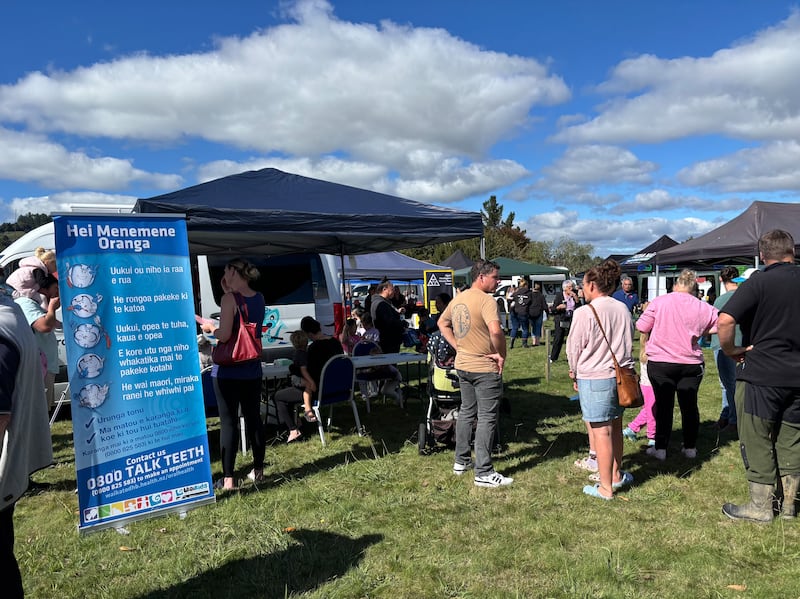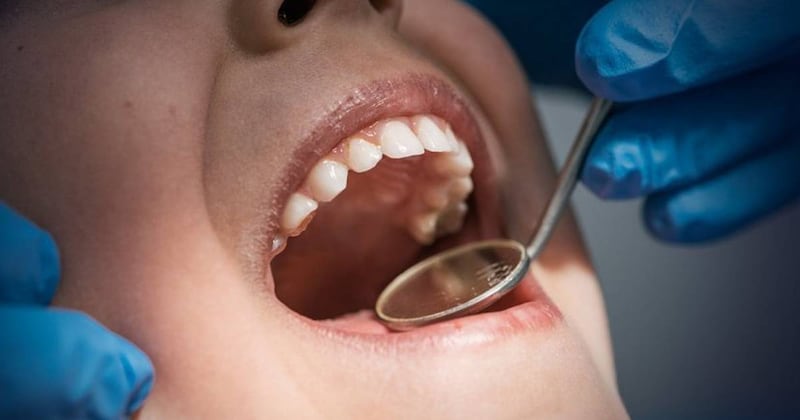Te Tiratū Iwi Māori Partnership Board (IMPB) is calling for immediate action to improve access to dental services in the Southern Waikato region.
Te Tiratū, who represent six regions across the Tainui district, advocates for better health outcomes for whānau.
A recent Hāpai Hauora Day in Taumarunui highlighted the inequities the region is facing when it comes to access to health services—especially dental care.

Te Tiratū IMPB member Maxine Ketu says there has been a backlog of patients in the region since COVID, and there is not enough dental support available.
“Our whānau need to look to other options. That means going out of town or trying to pay for something that is in town, and that creates another issue around that access and affordability and where whānau make decisions around whether or not they go ahead and get their teeth seen to,” she says.
Lack of dental access burdening whānau
Te Tiratū is urgently advocating for regular mobile dental services to be embedded across the rohe.
Poor oral health is often invisible, but its impact is far-reaching—affecting nutrition, and self-esteem, and contributing to chronic conditions such as diabetes and heart disease.

Ketu says there are few local dentists in the region, long travel times to urban centres, and unaffordable treatment costs—factors that contribute to long-term health consequences.
“You do the check and everything, make the plan, come home and make another appointment to go back. You’re right there and what are my options—you can do this, come back and get it filled, or you can get it pulled. I’ll just get it pulled out.”
Barriers whānau face
Te Tiratū shared with Te Whatu Ora, in its Hauora Māori Priorities Summary Report (September 2024), longstanding issues within Southern Waikato iwi.
Including:
• Inadequate transport options especially for kaumātua due to no wharepaku (toilets) on board. For older kaumātua, this makes transport inaccessible and undignified.
• Cultural safety concerns were raised about staff within some Te Whatu Ora services lacking cultural awareness and sensitivity – particularly the significance of karakia.
• Fragmented service delivery and poor system coordination
• A lack of local specialist care including dental, eye, and hearing services
• Whānau forced to prioritise cost over care—often choosing extractions instead of treatment.
• Financial strain on whānau like kaumātua are using their limited resources to pay for health services that should be free or more accessible. Travel to major hospitals such as Waikato often requires whānau to take unpaid leave, cover fuel, and accommodation costs, and absorb lost income—placing significant strain on already stretched households.
However, Te Tiratū are wanting long-term permanent solutions for their people.
“Somehow we’ve just got to develop a strategy and a model of care, with the appropriate pathways to take our rangatahi through, into medicine and obviously nurture that encouragement into G.P practice, dental care, etc,” says Ketu.



